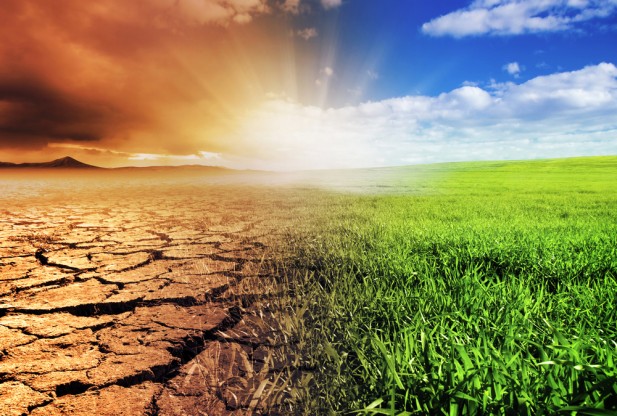Previous Workshops

Year 4 Grazing CAP Annual Meeting
Beef produced on pasture and rangeland forages and dual-purpose winter wheat in the Southern Great Plains (SGP: Texas, Oklahoma and Kansas) provides a significant portion of the nation’s red meat; constitutes the largest land use and agricultural enterprise in the region; and is subject to a widely variable climate. The aim of the Resilience and vulnerability of beef cattle production in the Southern Great Plains under changing climate, land use and markets (Grazing CAP) project is to answer critically important research questions and deliver Extension program¬ming about impacts of climate variability and climate change on system vulnerability and resilience. Project long-term goals are to (1) better understand vulnerability and enhance resilience of SGP beef-grazing systems in a world of increased climate variability, dynamic land-use, and fluctuating markets and (2) safeguard regional production while mitigating the environmental footprint of agriculture. Specific objectives are to (1) build capacity among regional institutions to move research and extension to a higher level of integration; (2) better understand beef-grazing system dynamics, quantify vulnerability and resilience, and balance sustainability of production and ecosystem services; (3) provide information and technology to enable producers to employ risk-based information in decision-making; and (4) train the next generation of producers and researchers to collectively address rising challenges.
2015 Oklahoma Workshop on Remote Sensing Applications
Remote sensing technology of various platforms (in-situ, airborne and satellite) has made substantial progress over the past few decades and has been playing an increasingly important role in observation and monitoring of the Planet Earth. This one-day workshop aims to provide a platform for researchers and users in Oklahoma to communicate their research and application activities, discuss collaboration, and develop networks among researchers, users and students as well as institutions. Participants are also encouraged to take part in the Geospatial Information Science Day (GISday) Expo at the University of Oklahoma on November 17, 2015 (http://www.eomf.ou.edu/gisday/), where poster presentations will be held. Institutions are encouraged to register a booth at the GISday Expo event and showcase their research activities and/or needs in the area of remote sensing technology and applications.
Year 3 Grazing CAP Annual Meeting
Beef produced on pasture and rangeland forages and dual-purpose winter wheat in the Southern Great Plains (SGP: Texas, Oklahoma and Kansas) provides a significant portion of the nation’s red meat; constitutes the largest land use and agricultural enterprise in the region; and is subject to a widely variable climate. The aim of the Resilience and vulnerability of beef cattle production in the Southern Great Plains under changing climate, land use and markets (Grazing CAP) project is to answer critically important research questions and deliver Extension program¬ming about impacts of climate variability and climate change on system vulnerability and resilience. Project long-term goals are to (1) better understand vulnerability and enhance resilience of SGP beef-grazing systems in a world of increased climate variability, dynamic land-use, and fluctuating markets and (2) safeguard regional production while mitigating the environmental footprint of agriculture. Specific objectives are to (1) build capacity among regional institutions to move research and extension to a higher level of integration; (2) better understand beef-grazing system dynamics, quantify vulnerability and resilience, and balance sustainability of production and ecosystem services; (3) provide information and technology to enable producers to employ risk-based information in decision-making; and (4) train the next generation of producers and researchers to collectively address rising challenges.